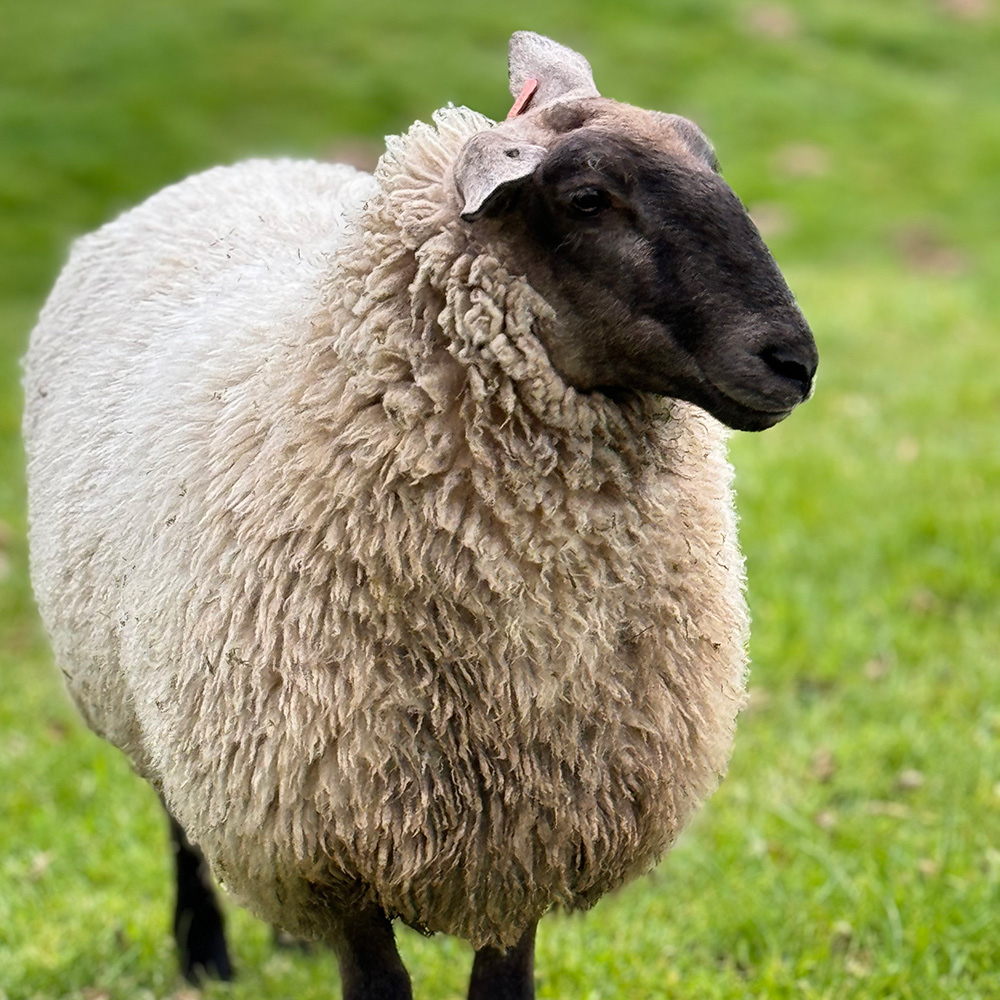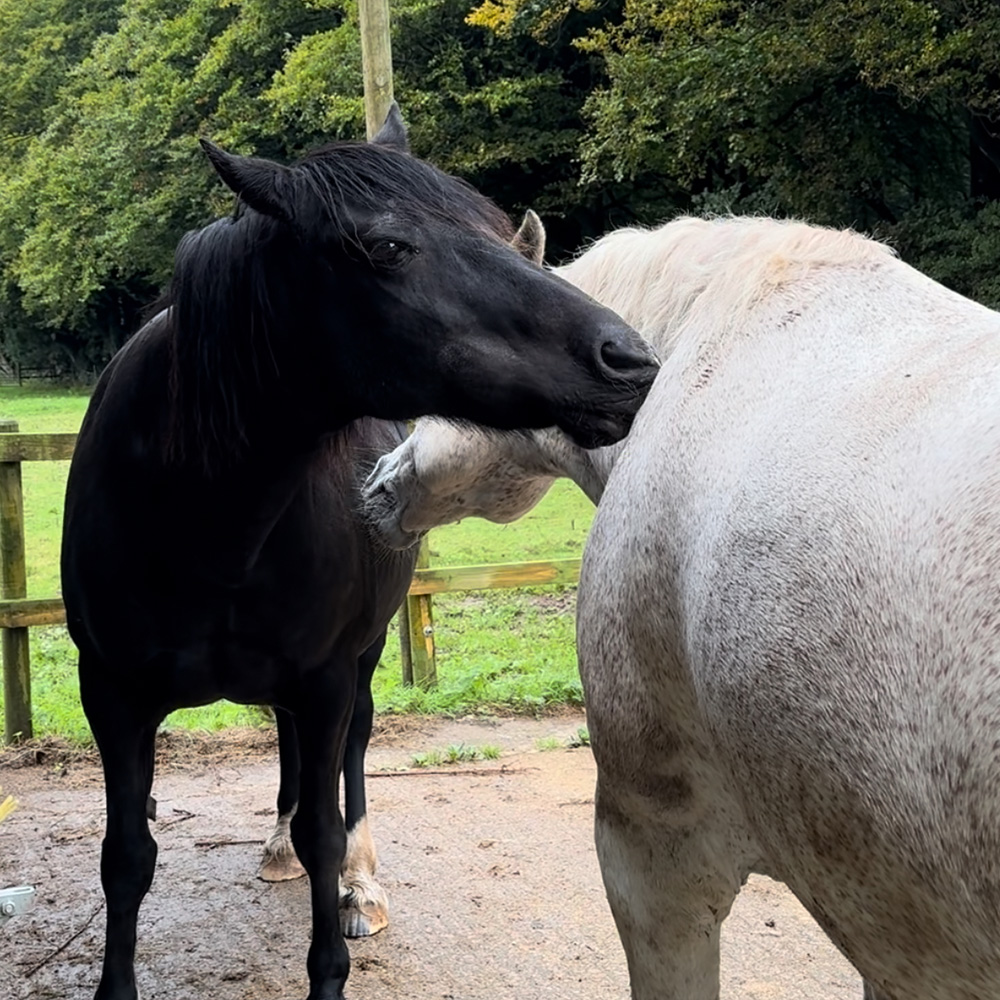About Kinesiology for Animals
Non-invasive complementary therapy for horses, dogs and other animals
Do You Need Help with Your Animal?
- Have you explored every veterinary option but still haven’t found a long-lasting solution?
- Are you looking for an alternative way to support your animal’s health, behaviour, and well-being?
- Do you wish you could communicate with your animal and understand what they need?
- Would you like insights into what’s causing their stress or discomfort?
- Do you feel deeply connected to your animal and sense they are trying to tell you something?
Would you like to know what emotions your Animal is feeling?
Animal kinesiology can help!



Why?
Just like humans, animals experience emotions that can become trapped in their bodies, leading to behavioural changes or even illness.
- When they’re happy, they feel calm, peaceful and content.
- When they’re scared or have had a bad experience, it can show as anxiety, frustration or aggression.
- Animals communicate their emotions through behaviour and physical symptoms – often signs of underlying imbalances.

How Kinesiology Can Help Your Animal
- Identifying & Addressing Imbalances
Using muscle response feedback (often done by surrogate testing for animals), kinesiology helps detect energy imbalances related to physical discomfort, emotional stress, nutritional deficiencies, or environmental factors. - Reducing Stress & Anxiety
Animals, like humans, can carry stress from trauma, changes in their environment, or past experiences. Kinesiology helps release emotional blockages, reducing anxiety and promoting calmness—especially beneficial for rescue animals or those with behavioural challenges. - Supporting Pain Relief & Physical Well-Being
By stimulating acupressure points and rebalancing the body’s energy pathways, kinesiology can help alleviate pain from injuries, arthritis, digestive issues, and chronic conditions. It also supports faster healing. - Improving Behaviour & Performance
Whether for working animals, competition horses, agility dogs, or family pets, kinesiology can improve coordination, focus, and emotional resilience, leading to better performance and overall well-being. - Strengthening the Human-Animal Bond
Kinesiology enhances communication between animals and their owners, helping both understand and respond to each other’s needs more effectively. - Supporting Nutrition & Overall Health
Kinesiology can help assess food sensitivities, nutritional needs, and environmental stressors, allowing owners to make informed decisions about their animal’s diet and care.
By addressing the root causes of imbalances rather than just the symptoms, kinesiology offers a holistic, non-invasive approach to animal health, improving their quality of life.
What is Kinesiology?
Touch for Health is the most widely practiced form of kinesiology worldwide. It is a non-medical, non-diagnostic system that uses manual muscle biofeedback to detect stress in the body – whether physical, emotional, nutritional, or energetic – and provides effective strategies to restore balance.
By using a surrogate for muscle monitoring, kinesiology provides a simple yet powerful way to connect with your animal, understand their emotions, and support their natural ability to heal.
Would you like to discover how kinesiology can help your animal?